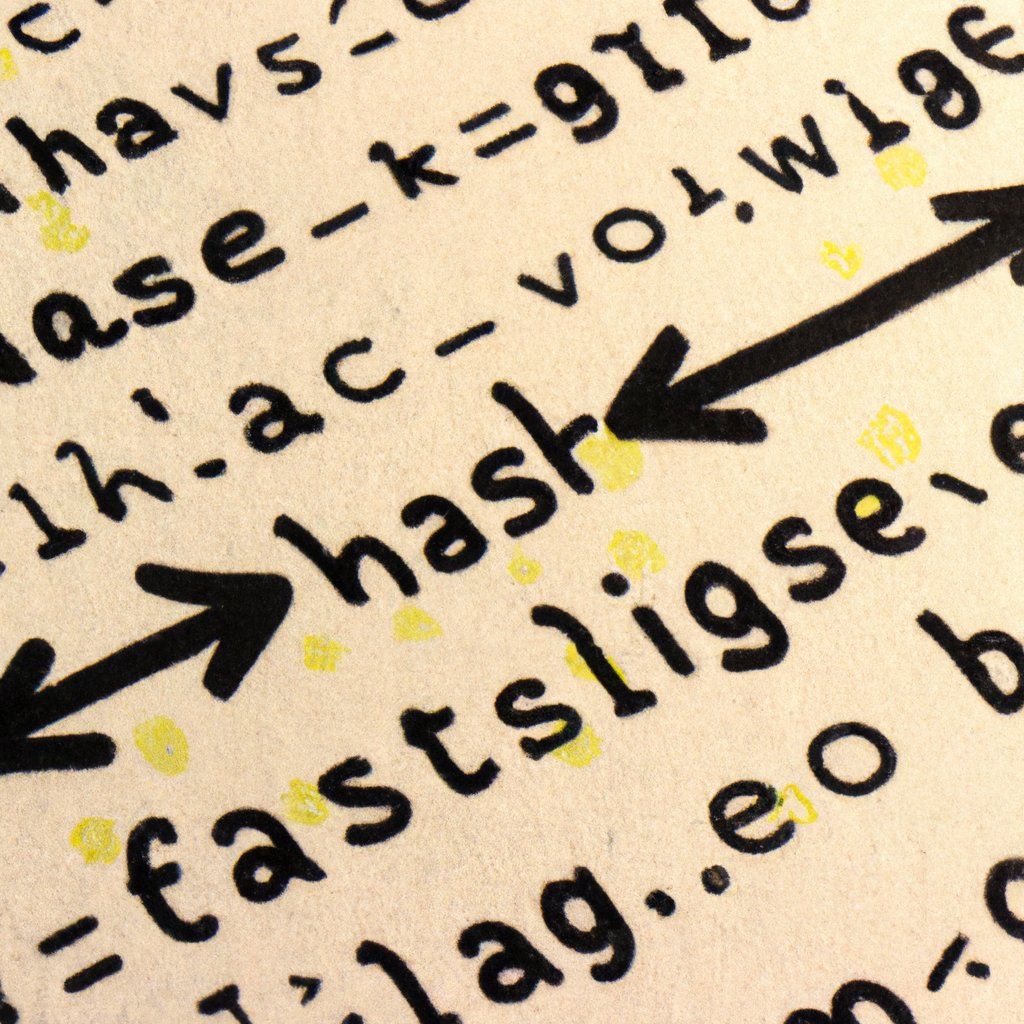
Password hashing algorithms are used to store and securely protect user passwords. They are a vital part of the authentication process and must be implemented correctly to ensure the system's security. In this article, we will discuss the various password hashing algorithms, their pros and cons, and how they can be used to protect users' accounts.
First, let's take a look at what a password-hashing algorithm is. It is a mathematical process that takes a plain text password and transforms it into an unintelligible string of characters. This string, or hash, is then stored in the database instead of the plain text password. This process is known as one-way encryption, as the original plain text password cannot be retrieved from the hash, making it impossible for hackers to access the user's account.
The most common password hashing algorithms are PBKDF2, bcrypt, and script.
- PBKDF2 (Password-Based Key Derivation Function 2) is a widely used algorithm that employs a salt to protect against brute force attacks.
- Bcrypt is a more advanced version of PBKDF2 and uses a high iteration count to slow down brute-force attempts.
- Scrypt is a memory-hard algorithm that requires a large amount of RAM and processing power to generate a hash.
Each of these algorithms has its pros and cons. PBKDF2 is simple to implement but is considered to be less secure than more advanced algorithms. Bcrypt is more secure but is more resource-intensive. Scrypt is the most secure but is also the most resource-intensive.
When it comes to security, it is essential to choose the most secure algorithm for your system. Generally, bcrypt is considered to be the best choice. It is highly secure and is also relatively simple to implement.
Finally, it is essential to note that password-hashing algorithms are not foolproof. If an attacker can gain access to the database, they may still be able to crack the hashes and gain access to the user's accounts. To prevent this, it is essential to implement other security measures, such as two-factor authentication and strong passwords.
In conclusion, password-hashing algorithms are essential to the authentication process. They provide an extra security layer and help protect user accounts from unauthorized access. When selecting a password hashing algorithm, it is crucial to choose one that is secure and simple to implement.
https://bit.ly/3itUk38
https://bit.ly/3VPAaPA
https://guptadeepak.com/content/images/2022/12/hashing-algorithm-deepak-gupta-com.jpeg
https://guptadeepak.weebly.com/deepak-gupta/what-is-password-hashing-algorithm


No comments:
Post a Comment